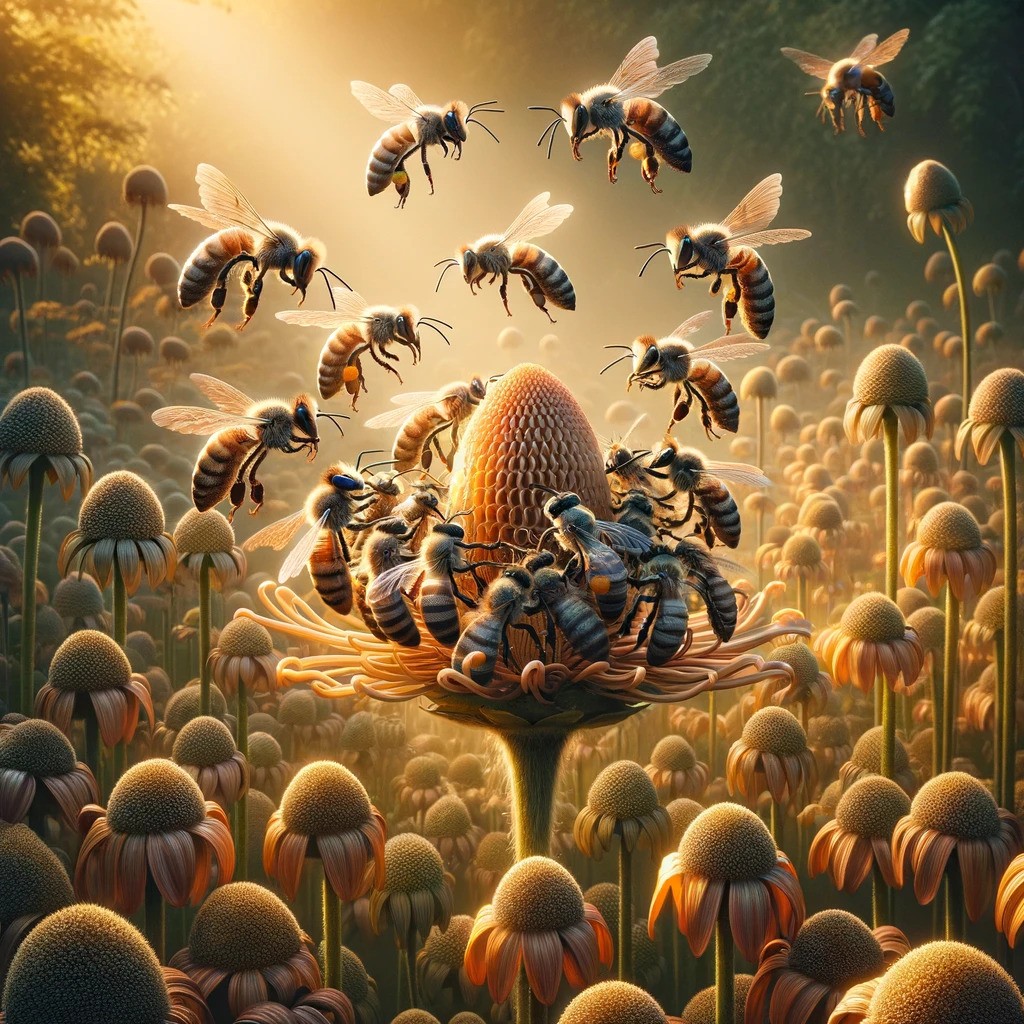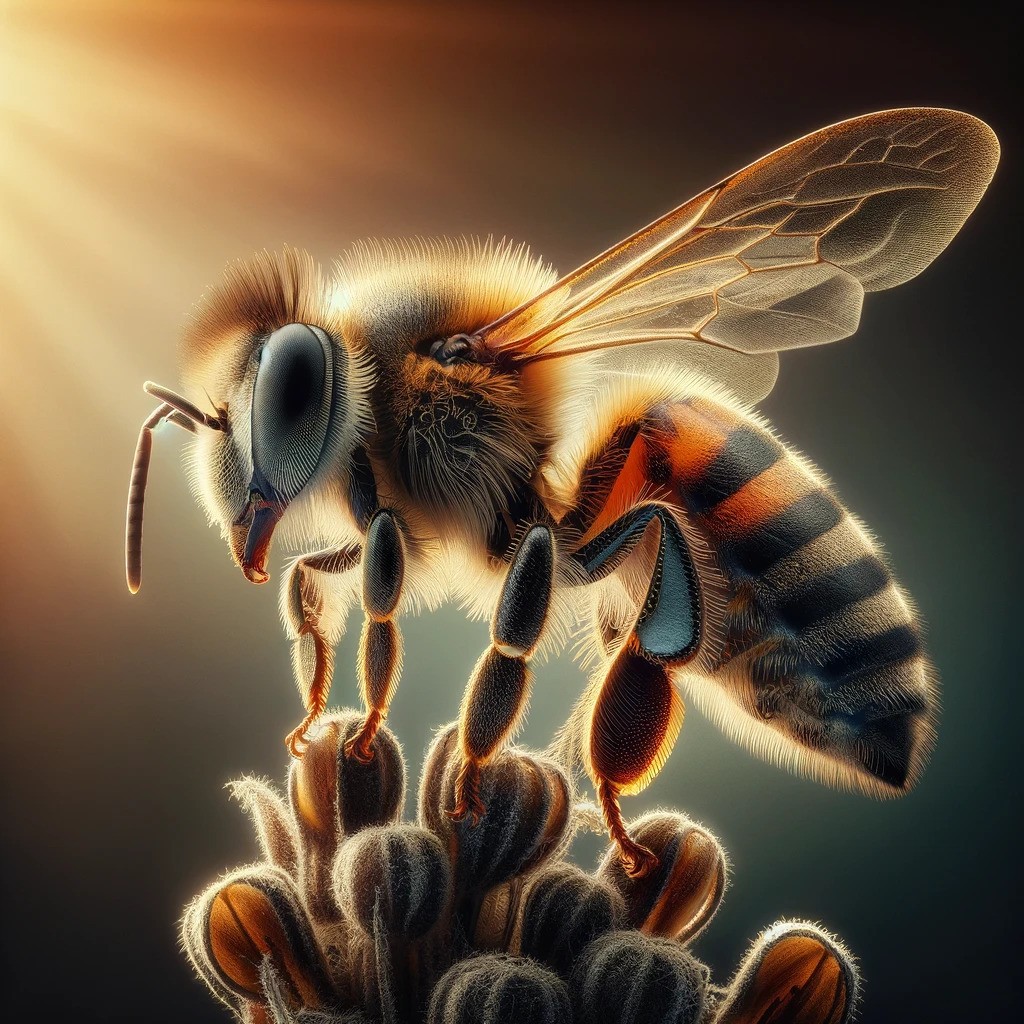As in any healthy and thriving community, bees have delegated workers who specifically take care of all the organic materials that can rot inside the hive.
The pleasant smell that comes out of a hive every time you open it is solely on the backs of these little cleaning crews.
The Role of Undertaker Bees
In a bee colony, the responsibility of removing organic waste, including dead bees, falls to a specialized group known as the “undertaker bees.”
These worker bees are tasked with identifying and removing any material that could decompose and potentially harm the hive.
Their role is essential for preventing the spread of disease and keeping the hive’s interior free of contaminants.
Why Removing Organic Material Is Vital
A bee hive is a tightly regulated environment where temperature, humidity, and cleanliness are all carefully maintained to ensure the health of the colony.
Organic materials, like dead bees or discarded larvae, can quickly become breeding grounds for bacteria, fungi, or pests if left inside the hive.
By swiftly removing these materials, undertaker bees help maintain a sterile environment that supports the colony’s well-being.
How Undertaker Bees Work
Undertaker bees are constantly on the lookout for any signs of decay.
When they find a dead bee or other organic material, they will try to carry it as far as possible from their hive, ensuring that the pathogens can’t get back.
Since they constantly come in contact with potential harmful pathogens, usually undertaker bee task forces are made up from old bees that are already at the end of their life.
The Importance of a Clean Hive
A clean hive is a healthy hive.
By efficiently managing organic waste, bees reduce the risk of disease outbreaks, such as foulbrood or chalkbrood, which can devastate a colony.
This cleanliness also contributes to the hive’s overall harmony, allowing bees to focus on their primary tasks of foraging, brood rearing, and honey production.
For beekeepers, understanding the role of undertaker bees is important for hive management.
Regular hive inspections can help identify any issues with cleanliness or disease early on, allowing for prompt intervention if necessary.
Even if bees are able to clean their home by themselves, if you as a beekeeper notice anything that can take out some of their work you should just do it.
When you open a hive, keep an eye on all debris and if possible always try to simply remove it and in this way, you’ll actually „give them a hand”.














